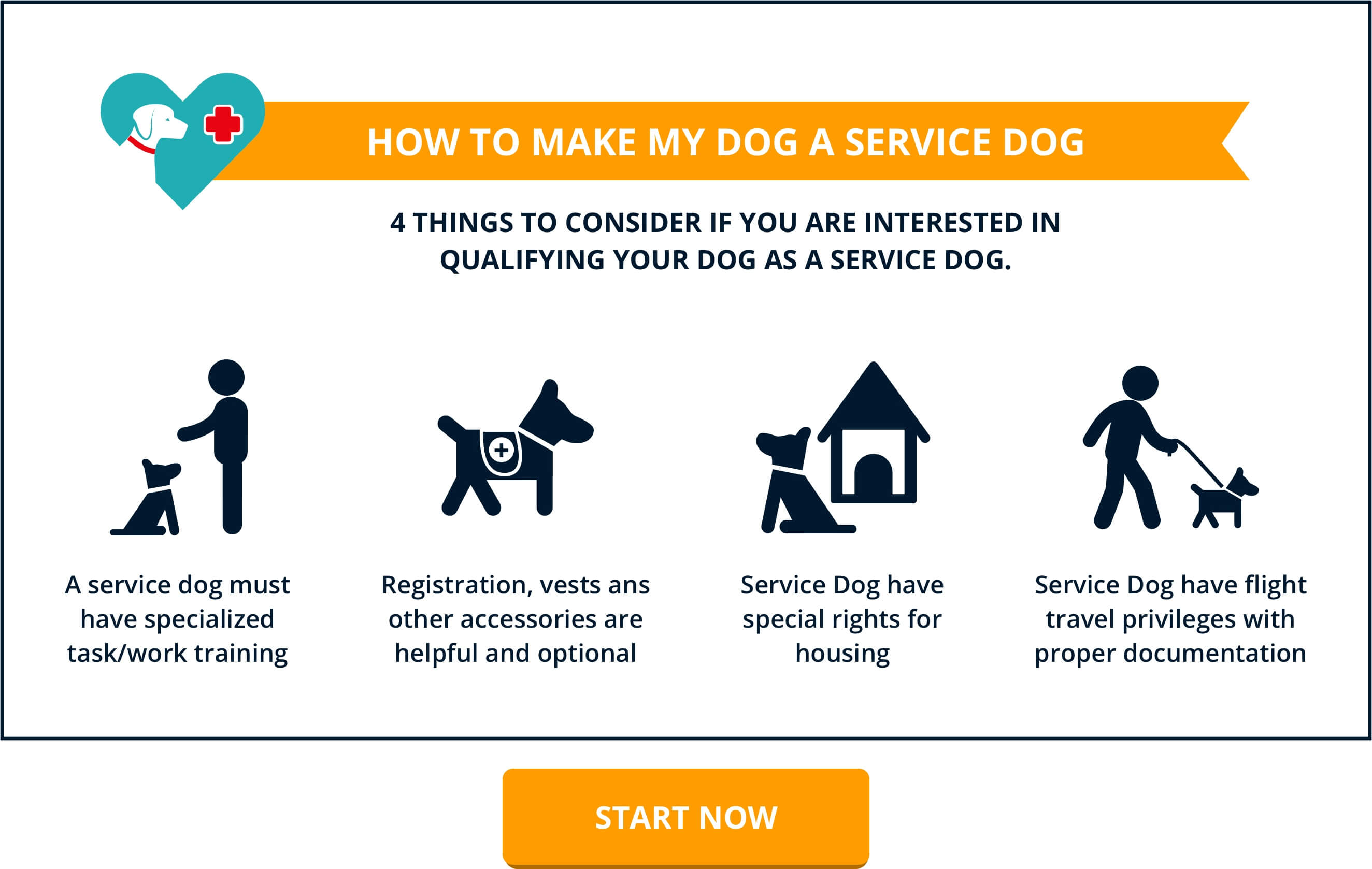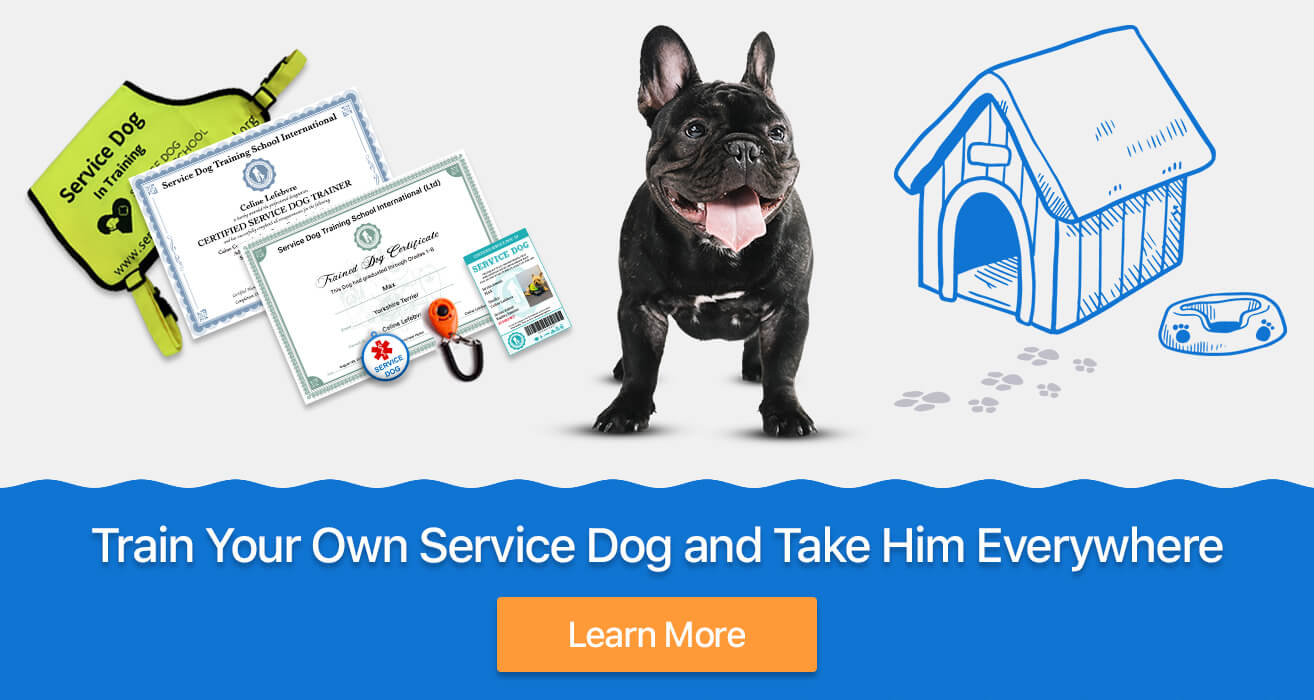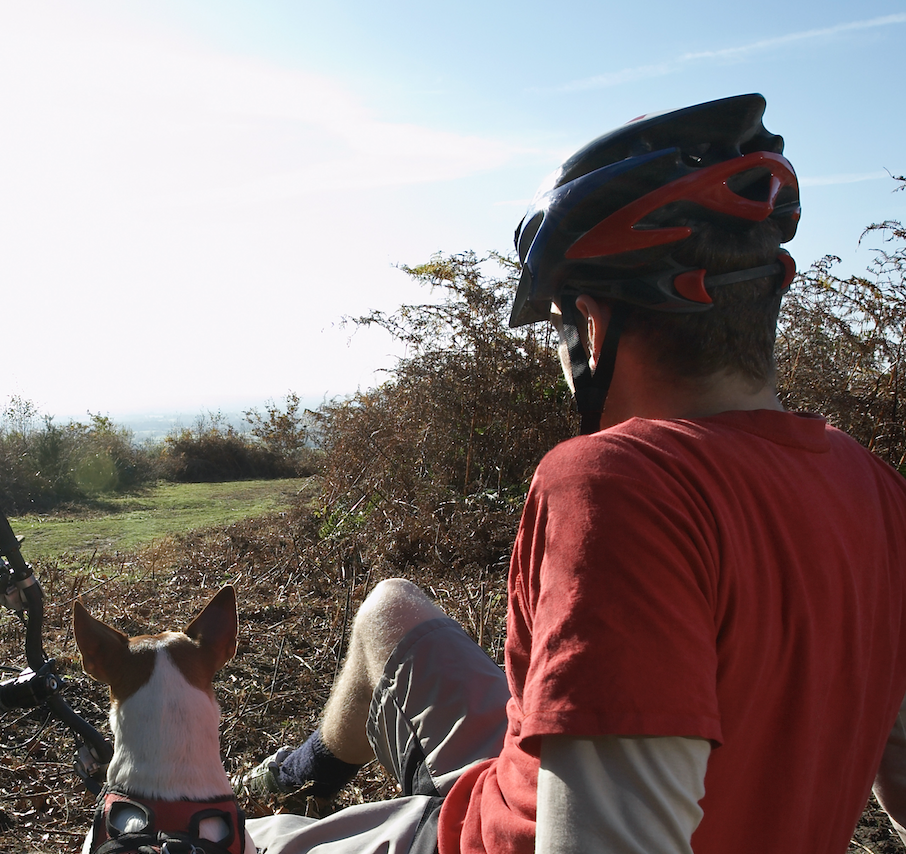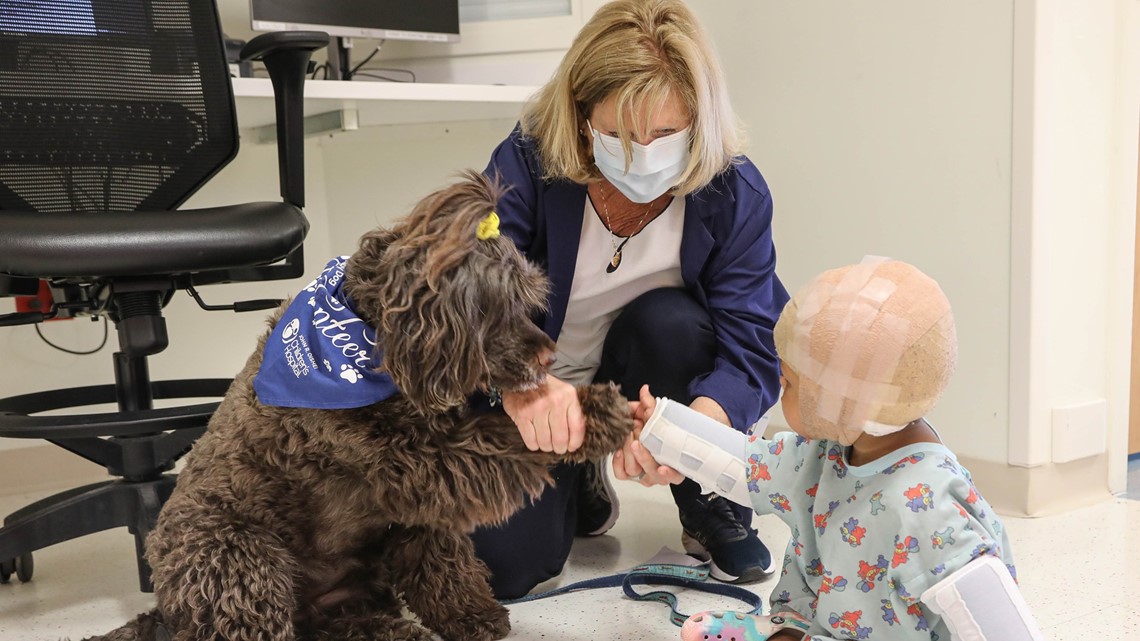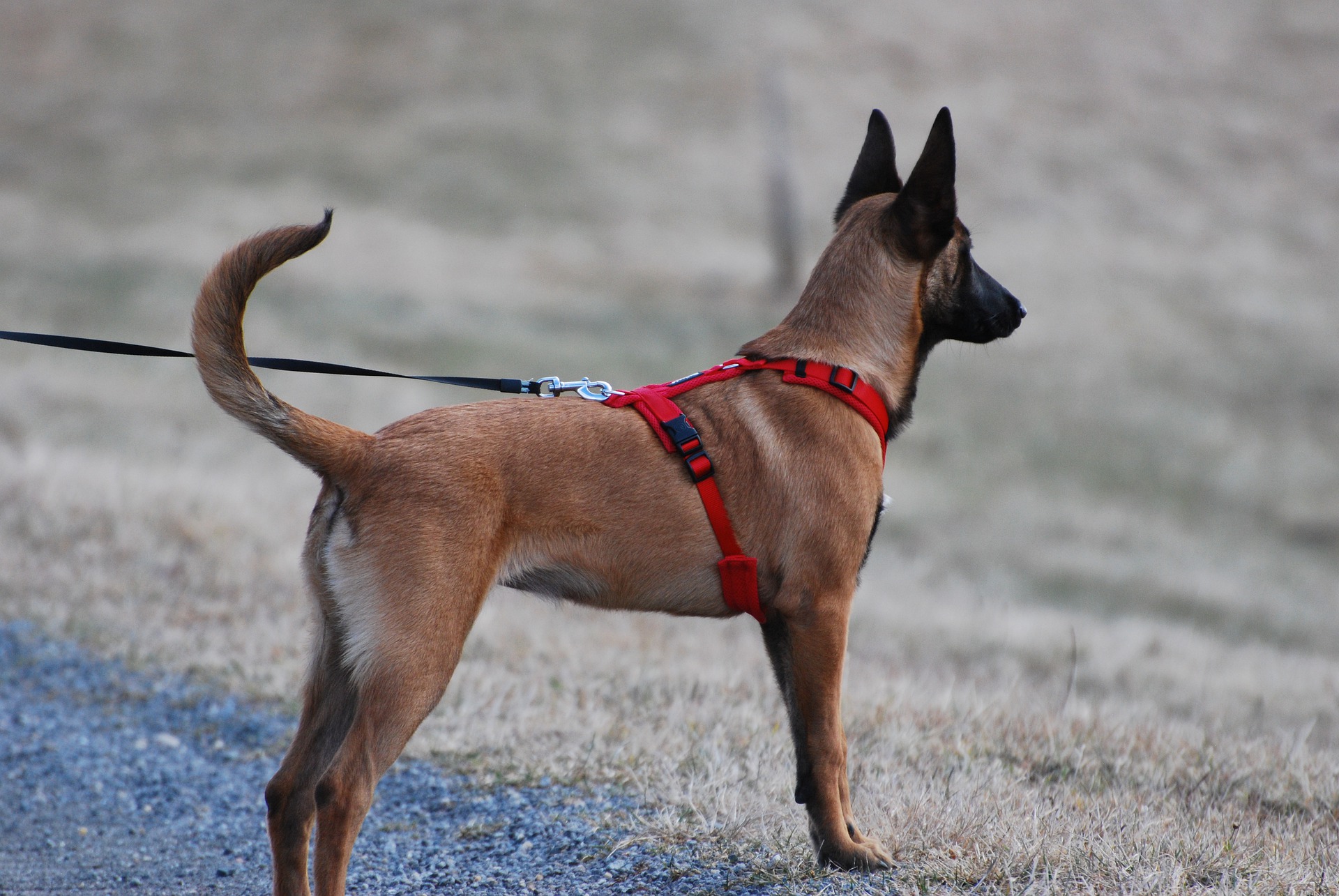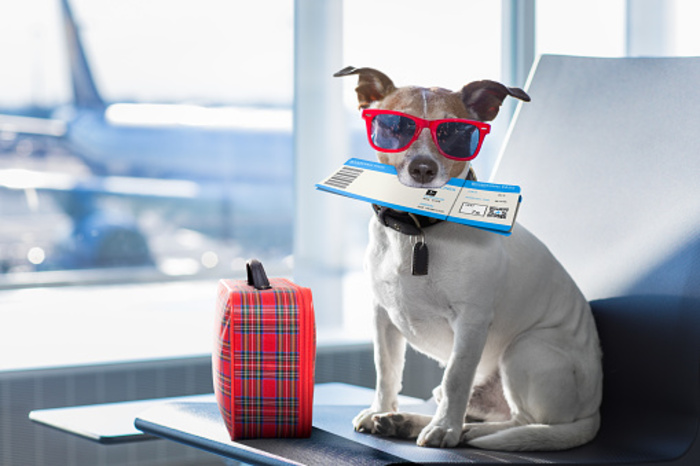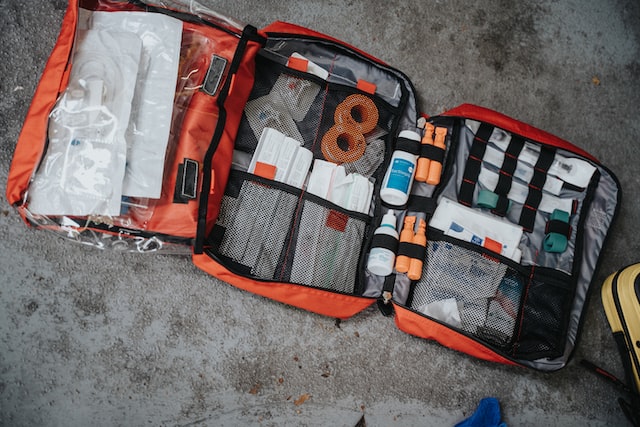- What is “The Accessibility for Ontarians with Disabilities Act (AODA)”?
- Service Animals-How Do Ontario Laws Define Them?
- Service Animals in Ontario- Documentation, and Certification
- Service Animals vs Emotional Support Animals
- Service Animals - Limitations
- Accommodations in the Workplace
- Buildings
- Outdoor Public Places
- Public Transportation
- Taxis
- Access to Information

Having a service dog is a process that does not only mean raising and training the dog but also being familiar with the local regulations in regard to service animals. There are still no unified service dog laws, which brings many challenges to service dog handlers. Whether an owner/self-trained service dog will be accepted or not, what documentation the handler should carry to verify the legitimacy of the animal, and what training gear the animal may be required to wear, are only a few questions that handlers will need to answer, prior to bringing their service animals to public places. Moreover, rules may vary on a state/province level, which causes even more difficulties for the handlers.
In today’s article, we will move the focus from the service dog regulations in the US to those in a Canadian province that borders the US and the Great Lakes, namely-Ontario. If you are based in Ontario and consider training your own service animal, this article may be very helpful to you!
What is “The Accessibility for Ontarians with Disabilities Act (AODA)”?
The Accessibility for Ontarians with Disabilities Act (AODA), has the main goal to identify and remove barriers for people with disabilities as well as prevent discrimination against them. The AODA got the status of the law on June 13, 2005. It applies to all levels of government, private sector businesses, and non-profit organizations in Ontario, that have one or more employees (whether employed on a full-time, part-time, seasonal, or contract). The AODA contains general requirements as well as the following five standards:
-Customer Service Standard;
-Information and Communication Standard;
-Employment Standard;
-Transportation Standard;
-Design of Public Spaces Standard.

Service Animals-How Do Ontario Laws Define Them?
The AODA’s Customer Service Standard states, that one of the following two conditions has to occur in order for an animal to be deemed a service animal:
1. The relation of the animal to the person’s disability can be easily identified, i.e. the animal is wearing a harness or a vest, or the animal is supporting a person with visual impairments;
2. The person can show documentation from a health professional that verifies the need for the animal due to a disability.
It is stressed, that service animals are not considered pets, and requirements that apply to pets (i.e. additional fees) are not valid for service animals.
Service Animals in Ontario- Documentation, and Certification
The AODA and the Ontario Human Rights Code state, that service animal are not required to be certified or have ID cards. A person with a disability, accompanied by a service animal, may be required to provide another type of documentation such as:
- Documentation from a relevant health professional in regard to their need for a service animal;
- Identification Card from the Ontario Ministry of the Attorney General (for people with visual impairments who benefit from a guide dog).
We would say that the laws in Ontario in regard to service animal documentation are much less strict and demanding compared to those in many other provinces. Considering the definition of a “service animal” and the documentation required, handlers are allowed to train their own service animals.
Service Animals vs Emotional Support Animals
The AODA distinguishes between Service Animals and Emotional Support Animals. Service Animals perform specific tasks for the benefit of a person with disabilities, while Emotional Support Animals provide comfort and companionship without performing specific tasks. Public premises are not required to accommodate Emotional Support Animals.
A person with a disability, accompanied by a service animal, may be required to verify the legitimacy of the service animal. Exceptions can be made only in cases when the person’s disability and their reliance on the animal are obvious, i.e. guide dogs support people with visual impairments.
Service Animals - Limitations
Places, like food manufacturing facilities, are not required to allow service animals in specific areas due to health reasons. If a person accompanied by a service animal would like to visit a place open to use by the general public, but where service animals are not allowed by law, the good/service providers need to offer alternative accommodation. The customer may be served either in an area that is open for animals or in an area where animals are prohibited. In the second case, the service animal will need to stay in a separate place, and the tasks he/she typically performs for the person with a disability will be performed by a member of the staff.
Accommodations in the Workplace
The Ontario Human Rights Code requires employers to provide accommodation for people with disabilities. These may include:
Changing the workstations, providing options for flexible working hours/break times, modifying the employee’s duties, and providing the employee with supporting devices. In order to receive accommodation, the employee needs to communicate their needs to the employer, and provide the information they may require. Also, the employee should participate in the teamwork of the people engaged in exploring solutions. The employer is allowed to require additional information in regard to accommodation. However, details about the disability itself may not be asked, i.e. if an employee with a disability requests time off due to their disability, the employer is allowed to ask when they will return as well as what assistive devices they may need once they return. Questions about the symptoms the employee is having or any medical information the employee has received, may not be asked.
Employers are required under the Ontario Human Rights Code to accept requests for accommodation and get additional assistance as needed. Also, employers must keep confidential any information about the employee and their condition.
The laws in Ontario state, that the accommodation that employers are required to provide is not limitless. The benefits of providing accommodation must outweigh the disadvantages. Spending money to provide reasonable accommodation will be required only if it would not cause tremendous difficulties to the employer, like shutting down their business.
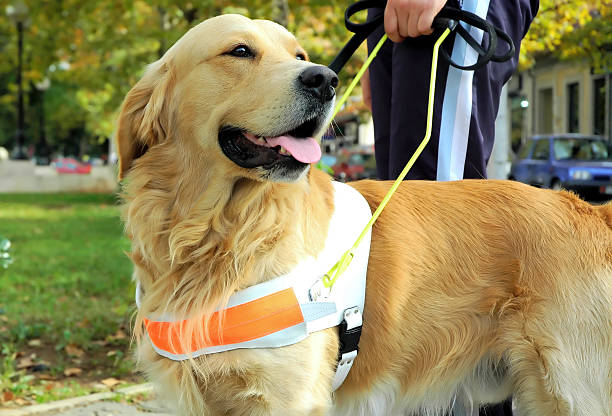
Buildings
Accessibility to:
Outdoor places like parking lots/sidewalks, service counters, and waiting areas with fixed seating, are provided by Ontario’s Design of Public Spaces Standards for people with disabilities.
The Ontario Building Code, enforced by principal authorities like municipalities, is responsible for fulfilling the requirements in regard to the accessibility of buildings to people with impairments. These may include:
Power door operators, pools, spas, signs, washrooms, and ramps.
The requirements for providing accessibility to buildings under the Ontario Building Code refer to new buildings or to already existing constructions that will be extended/modified.
Outdoor Public Places
The Design of Public Spaces Standards requires many external and specific internal public places to fulfill certain requirements in order to be accessible to people with impairments. Similar to the Ontario Building Code these standards are valid for new buildings and existing constructions, that are planned to be extended. If municipalities or businesses intend to build places or modify already existing ones, they need to discuss their intentions with the general public. Such public spaces may include:
Beach access routes, outdoor public eating areas (new or modified), playgrounds, waiting areas with fixed seating, parking lots, sidewalks, and recreational trails.
Public Transportation
Service animals must be allowed to travel with their owners on public transportation vehicles. Moreover, every point or stop should be announced. Also, specialized transit services should be accessible during the same hours just like standard public transit.
Taxis
Service animals must be allowed in taxis and additional fees may not be charged.
Access to Information
People with disabilities are allowed to require an organization to provide them with information in a format they can use such as HTML and Microsoft Word, large print, or braille.
Information in an accessible format should be provided to people with disabilities. This type of information may include emergency information, public notices, and event information (when required in advance).



